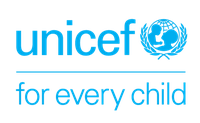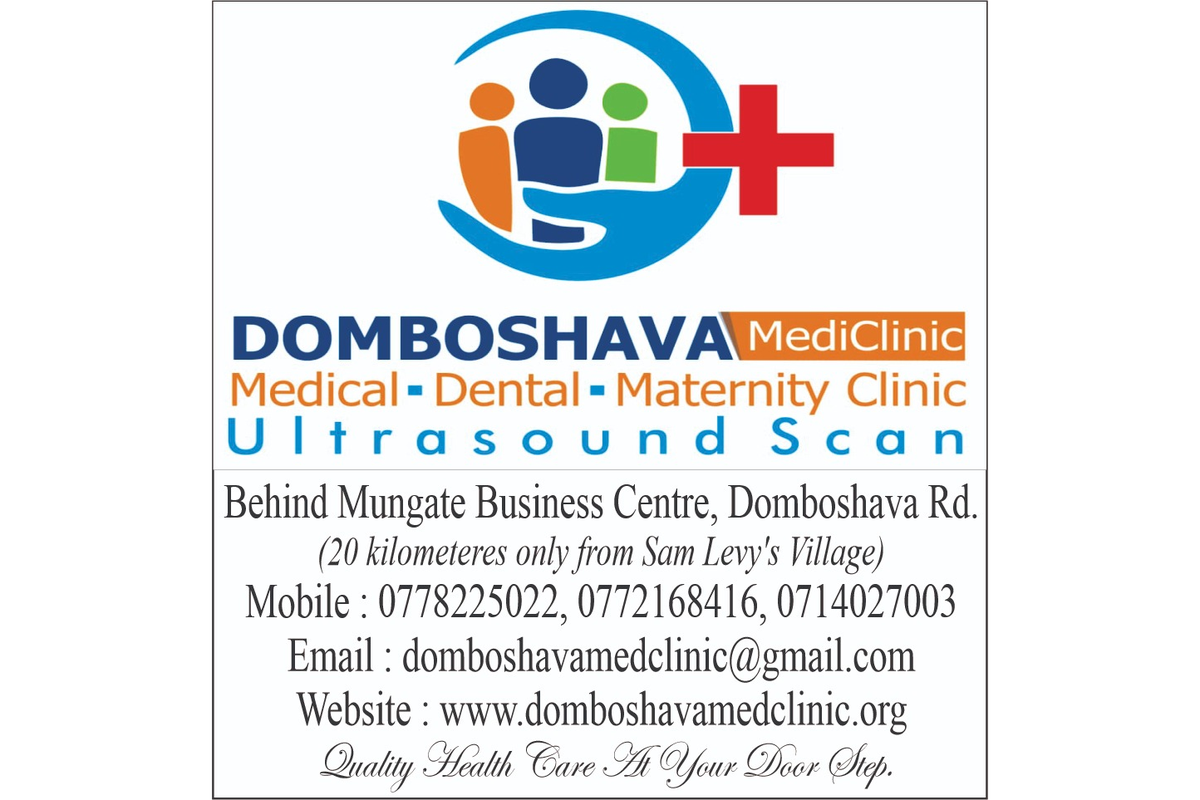Health Specialist (Immunizations and Public Health Emergencies)
Job Description
Health Specialist (Immunizations and Public Health Emergencies), NO-3, Harare, Zimbabwe, #130210, (Open to Zimbabwe Nationals Only)
The Health Specialist (Immunizations and Public Health Emergencies) reports to the Chief of Health and Nutrition (Level 5) for guidance and general supervision. The Health Specialist supports the development and preparation of the health programme and is responsible for immunization activities and public health emergencies, as well as the linkages between the two areas. S/He oversees planning, managing, implementing, monitoring, evaluating, and reporting the programme progress on immunization and public health and humanitarian emergencies, within the country programme. The Health Specialist provides technical guidance and management support throughout the programming processes to facilitate the administration and achievement of concrete and sustainable results according to plans, allocation, results based-management approaches and methodology (RBM), organizational Strategic Plans and goals, standards of performance, and accountability framework. The specialist works in conjunction with other health staff and colleagues in other sections (WASH, Nutrition, SBC, etc..) to achieve UNICEF's overall goals for maternal, newborn and child survival goals and objectives for the country. This must be done in full alignment with an ‘epidemic ready’ Primary Health Care approach to efficiently delivery concrete results at scale.
Duties and Responsibilities
Support to programme development and planning
▪ Support and contribute to the preparation, design and updating of the situation analysis for the sector(s)
to establish a strategic plan for development, design, and management of health-related programmes.
Keep abreast of development trends to enhance program management, efficiency, and delivery.
▪ Provide technical and operational support throughout all stages of programming processes to ensure
integration, coherence, and harmonization of programmes/projects across the Health and Nutrition
Section and with other UNICEF sectors and achievement of results as planned and allocated.
▪ Ensure that health planning and inputs on prevention, preparedness and response align with anticipated
country risk analysis, regional and global guidance on global health security/IHR.
2. Programme management, monitoring and delivery of results
2
▪ Provide strategic guidance on routine immunization program to the national level counterparts.
▪ Develop an efficient management system for for vaccine management, stock management, data
analysis.
▪ Conduct regular immunization data analysis linking findings with most common PHE related to
Vaccine preventable diseases Public Health Emergencies
▪ Provide expertise on upstream agenda with MoHCC, WHO and other partners to achieve
strengthening of core capacities for public health surveillance (with a focus on community level)
before, during and after emergencies.
▪ Lead UNICEF agenda on enhancing evidence generation on health threats including but not limited
to climate change impact on health in Zimbabwe.
▪ Lead UNICEF contributions to IHR processes such as Intra/After Action Reviews, State Party Self
Assessments, State Party Reporting, Joint External Evaluations (JEEs), and the development of
National Action Plans for Health Security (NAPHS), should those take place.
3. Technical and operational support to programme implementation
▪ Participate in discussions with national partners and stakeholders to promote health and development
issues, especially in the areas of emergency preparedness, climate change, including UNICEF mandate
areas in emergency such as social behavior change and nutrition
▪ Draft policy papers, briefs and other strategic programme materials for management use, information,
and consideration.
▪ Coordinate health emergency planning and reporting – coordinate humanitarian preparedness and
response planning and reporting from district level and for UNICEF internal planning and reporting
(including HAC planning/reporting and preparedness planning);
▪ Coordinate EPI actions at downstream level
4. Networking and partnership building
• Build and sustain effective close working partnerships with health sector government counterparts,
national stakeholders, as well as global partners, allies, donors, and academia. Through active
networking, advocacy, and effective communication, build capacity and exchange knowledge and
expertise to facilitate the achievement of programme goals on response and preparedness to
emergencies.
▪ Participate and/or represent UNICEF in appropriate inter-agency (UNCT) discussions and planning on
health-related issues to collaborate with inter-agency partners/colleagues on UNSDCF planning and
preparation of health programmes/projects, ensuring organizational position, interests and priorities are
fully considered and integrated in the UNSDCF process in development planning and agenda setting.
▪ Interface actively with GAVI and other immunization donors as needed
5. Emergency preparedness capacities are maintained, and emergency responses with effective
coordination are provided.
▪ Coordinate and supervise in forming emergency preparedness plans relating each sub-area of work in
the program
▪ Lead in monitoring and assessing the nature and extent of the emergency in case of emergency,
▪ Coordinates and aids the Country Office in identifying where support is required in terms of immediate
response as well as long-term strategy and plan.
▪ Work with emergency specialist in CO to ensure emergency-related plans are updated and maintained
▪ Develop analytical reports, with priority actions and provide training and technical support to country for
data analysis, interpretation and use within UNICEF.
▪ Provide technical advice and advocacy to MoHCC and UNICEF Country office for conducting rapid
epidemiological assessments of the health and general condition of affected populations during
outbreaks.
▪ Contribute to building the capacity of districts to track and collect data related to events of public health
concern work with Country Office and WHO (health cluster/sectoral coordination mechanism) to analyze
it to anticipate outbreaks, alert and respond when they occur and inform other UNICEF sections (Health,
Nutrition and WASH and SBC) accordingly.
3
▪ Collaborate with the UNICEF evaluations team and sections to provide appropriate data and standards
for monitoring and evaluating cholera preparedness, response, and control programs
6. Innovation, knowledge management and capacity building
▪ Contribute to the development, implementation and monitoring of emergency policies and procedures
to ensure optimum efficiency and efficacy of sustainable programs and projects.
▪ Organize and implement capacity building initiatives to enhance the competencies of staff,
implementing partners and stakeholders to promote sustainable results on health-related
programs/projects.
IV. Impact of Results
The efficiency and efficacy of support provided by the Health Specialist (Health Emergencies) to program
development, planning and implementation facilitates the delivery of concrete and sustainable results that
directly impact the improvement of the health of the most marginalized and vulnerable women and children
in the country. This in turn contributes to maintaining and enhancing the credibility and ability of UNICEF to
continue to provide programme services to protect the rights of children, and to promote greater social
equality to enable them to survive, develop and reach their full potential in society.
V. UNICEF values and competency Required (based on the updated Framework)
i) Core Values
▪ Care
▪ Respect
▪ Integrity
▪ Trust
▪ Accountability
ii) Core Competencies (For Staff without Supervisory Responsibilities) (level 2)
▪ Builds and maintains partnerships (II)
▪ Drive to achieve results for impact (II)
▪ Works collaboratively with others (II)
▪ Thinks and acts strategically (II)
▪ Manages ambiguity and complexity (II)
Qualifications and Experience
Recruitment Qualifications
Education: A medical degree with added advanced university degree in one of the following fields is
required: public health/nutrition, pediatric health, family health, health research,
global/international health, health policy and/or management, environmental health
sciences, biostatistics, socio-medical, health education, epidemiology, or another relevant
technical field.
Experience:
• A minimum of seven years of progressive professional experience in immunization -
related work [Required].
• A minimum of seven years of progressive professional experience in health emergency
or humanitarian preparedness [Required].
• Strong experience in disease prevention and control, with specific expertise in outbreak
preparedness and response and in providing immunization technical support at national
and subnational levels [Required]
4
• Strong analytical skills and ability to clearly synthesize and present findings, draw
practical conclusions, make recommendations, and prepare well-written reports
[Required].
• Experience working in complex coordination environments with multiple stakeholders.
Specific experience working with other health organizations and the health cluster
[Required]
• Sound knowledge of the IHR (2005) framework, and experience in contributing
to/implementing IDSR, AARs, IARs, JEEs, EPI Comprehensive reviews, new vaccine’s
introductions or related activities at the country level [Strong asset]
• Specific experience in managing emergency/epidemic preparedness and response in
Zimbabwe or other settings [Strong asset]
• Relevant experience in a UN system agency or organization and in a host government
health system [Asset].
Language
Requirements:
Fluency in English is required. Knowledge of a local language is an asset
How to Apply

Location: Harare
Company: Unicef
Expiry Date: 2024-10-16 00:00:00

